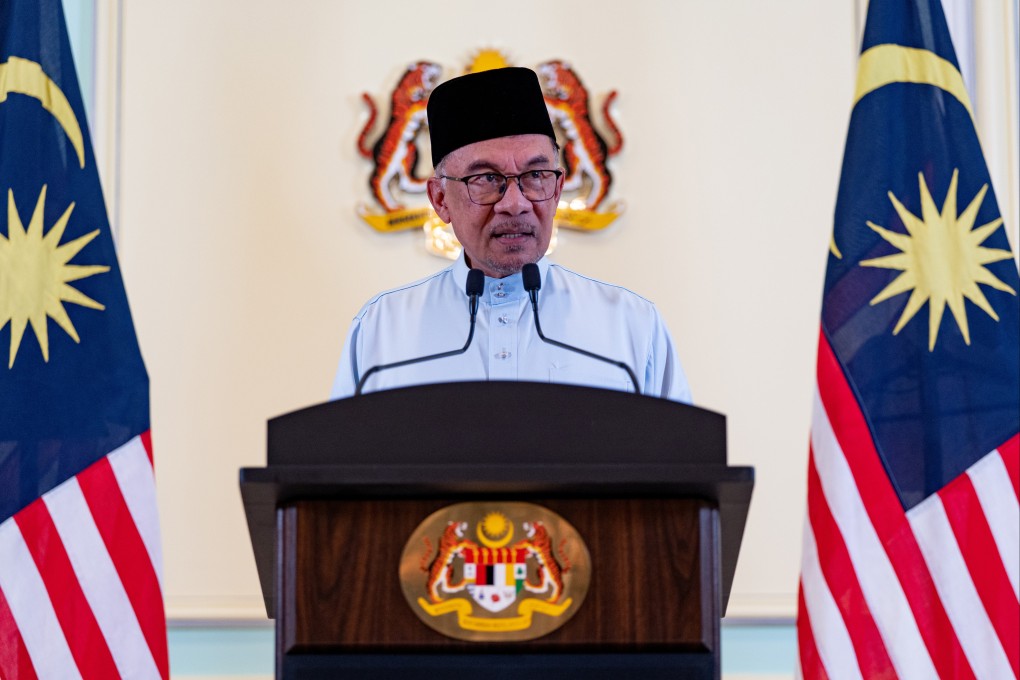Letters | Challenges facing Anwar Ibrahim could be turned into opportunities
- Readers discuss the path ahead for Malaysia’s new prime minister, and the increased threat posed by the use of drones in war

This could be a blessing; as the Chinese saying goes: “It is upon bad fortune that good fortune leans, upon good fortune that bad fortune rests.” The advantage of a coalition government is that it prevents the government leaning into extremes, forcing a middle path. If Anwar can consolidate support from different echelons of society, he could be Malaysia’s longest-serving prime minister.
Foreign policy is another challenge. Like other Southeast Asian nations, Malaysia is caught between China and the United States. Like Singapore, Malaysia could choose both.
It is also important that Malaysia turns more secular, although Islam is the religion of the federation. However, this should not be prioritised over policies needed to address more urgent issues.